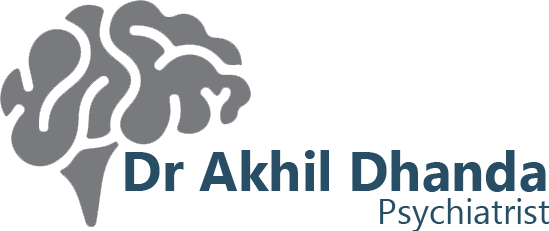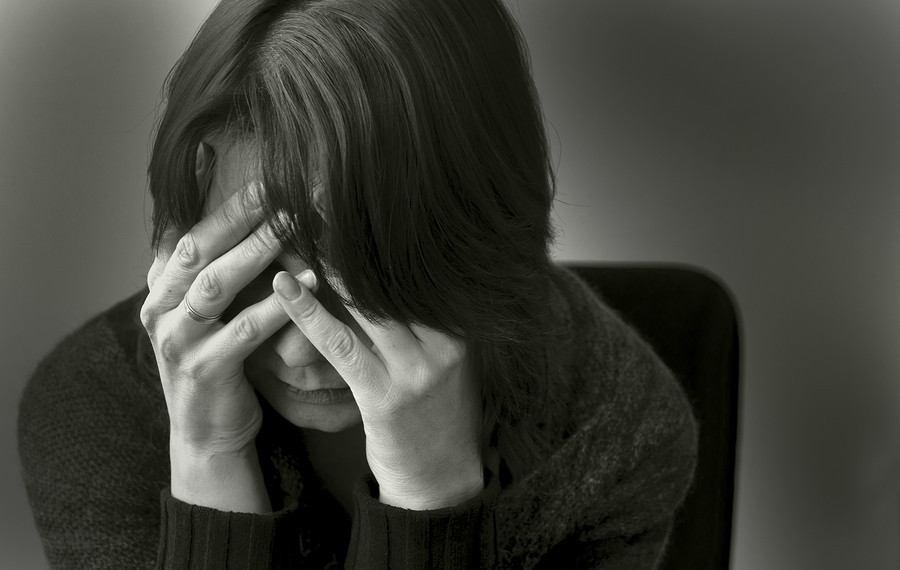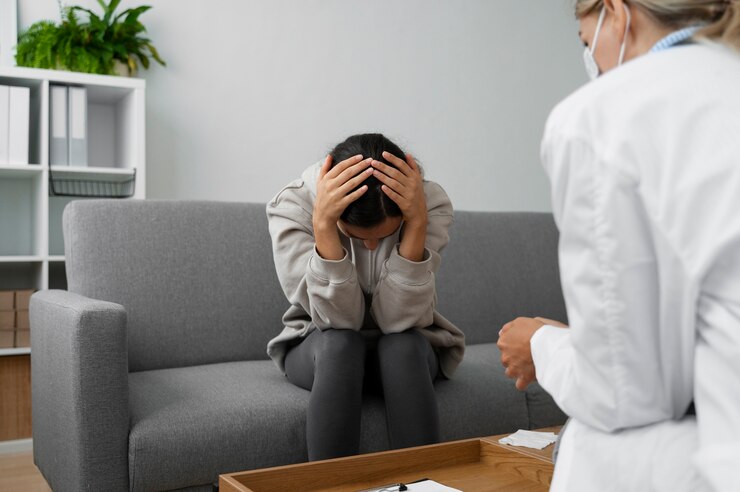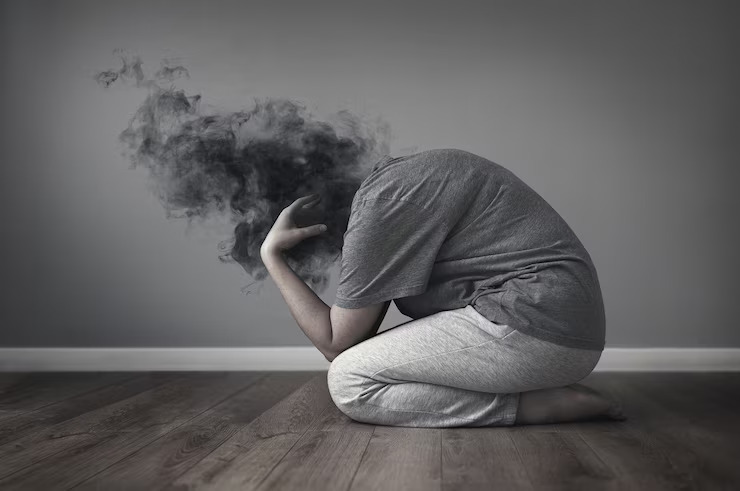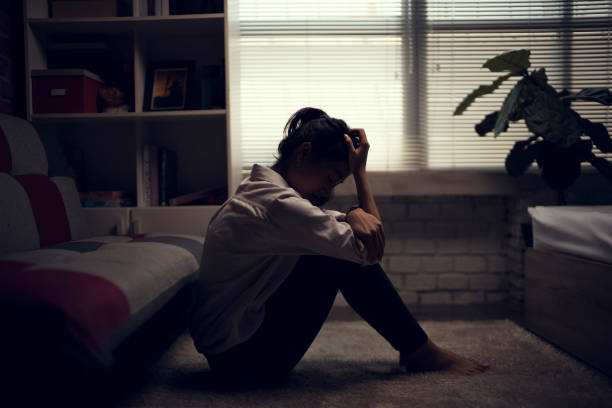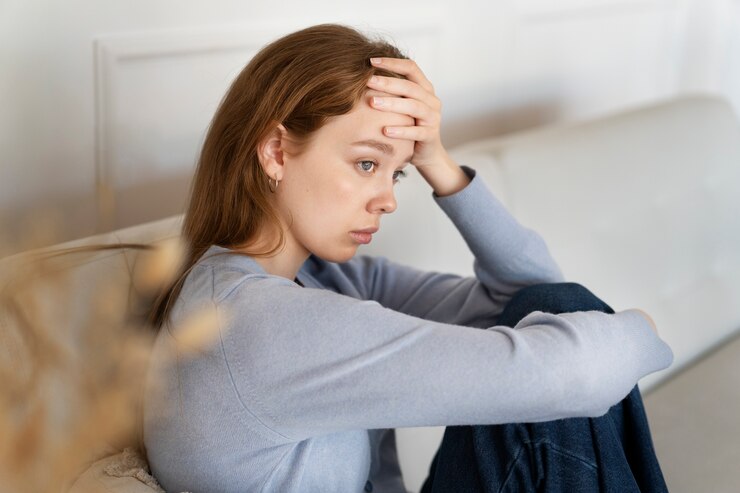Understanding Depression: Causes, Symptoms, and Treatment
A prevalent and grave mental illness that impacts millions of individuals globally is depression. It goes beyond feeling sad or having a bad day; depression can severely impact an individual’s ability to function in daily life. Understanding depression, its causes, symptoms, and treatment options is crucial in managing this condition effectively.
https://www.youtube.com/@akhildhanda8867
Causes of Depression
The causes of depression are complex and multifaceted. They can be broadly categorized into biological, psychological, and environmental factors.
Biological Factors
- Genetics: Depression can run in families, suggesting a genetic predisposition. If a close relative has depression, the risk of developing it increases.
- Brain Chemistry: Imbalances in neurotransmitters, which are chemicals in the brain that regulate mood, play a significant role in depression. For instance, low levels of serotonin, norepinephrine, and dopamine are linked to depressive symptoms.
- Hormonal Changes: Hormonal imbalances, such as those experienced during pregnancy, postpartum, menopause, or thyroid issues, can contribute to depression.
Psychological Factors
- Personality Traits: Individuals with certain personality traits, such as low self-esteem, pessimism, and a tendency to be overwhelmed by stress, are more susceptible to depression.
- Cognitive Patterns: Negative thinking patterns, such as excessive rumination, self-criticism, and hopelessness, are closely associated with depression.
Environmental Factors
- Trauma and Stress: Depression can be brought on by traumatic experiences including losing a loved one, experiencing physical or emotional abuse, or going through major life changes.
- Social Isolation: Lack of social support and feelings of loneliness can contribute to the onset of depression.
- Chronic Illness: Living with a chronic illness or severe medical condition can lead to depression due to physical pain, limitations, and the emotional burden of managing the illness.
Symptoms of Depression
Depression manifests in various ways, and its symptoms can vary in severity. Common symptoms include:
Emotional Symptoms
- Persistent Sadness: A constant feeling of sadness, emptiness, or hopelessness is a hallmark of depression.
- Loss of Interest: Individuals may lose interest in activities they once enjoyed, including hobbies, socializing, and sex.
- Irritability: Depression can cause irritability and frustration, even over minor matters.
- Feelings of Guilt or Worthlessness: Depressed individuals often experience excessive guilt or feel worthless.
Physical Symptoms
- Fatigue: Persistent fatigue and lack of energy, even after adequate rest, are common in depression.
- Sleep Disturbances: Insomnia or excessive sleeping (hypersomnia) are frequent symptoms.
- Changes in Appetite: Depression can lead to significant weight loss or gain due to changes in appetite.
- Physical Aches and Pains: Unexplained physical problems, such as headaches, back pain, and stomach issues, can be linked to depression.
Cognitive Symptoms
- Difficulty Concentrating: Depression can impair cognitive functions, leading to difficulty concentrating, making decisions, and remembering things.
- Thoughts of Death or Suicide: In severe cases, depression can lead to thoughts of death, suicide, or self-harm.
Treatment of Depression
Depression is a treatable illness that may be managed and conquered by people using a variety of techniques. The most effective treatment plans typically involve a combination of medication, psychotherapy, and lifestyle changes.
Medication
- Antidepressants: These medications, such as selective serotonin reuptake inhibitors (SSRIs), serotonin-norepinephrine reuptake inhibitors (SNRIs), and tricyclic antidepressants, can help balance neurotransmitters in the brain.
- Mood Stabilizers: In cases where depression is part of a bipolar disorder, mood stabilizers may be prescribed to manage mood swings.
- Antipsychotics: For severe depression with psychotic symptoms, antipsychotic medications may be used.
Psychotherapy
- Cognitive Behavioral Therapy (CBT): CBT is a popular therapy strategy that aids people in recognizing and altering unfavorable thinking patterns and behavior patterns.
- Interpersonal Therapy (IPT): IPT focuses on improving interpersonal relationships and communication skills, which can alleviate depressive symptoms.
- Psychodynamic Therapy: This therapy explores unconscious processes and past experiences to understand and resolve current issues.
Lifestyle Changes
- Regular Exercise: Physical activity releases endorphins, which can improve mood and reduce symptoms of depression.
- Healthy Diet: A balanced diet rich in nutrients can support overall mental health.
- Adequate Sleep: Establishing a regular sleep routine and ensuring sufficient rest is crucial for managing depression.
- Social Support: Building a strong support network of friends, family, or support groups can provide emotional assistance and reduce feelings of isolation.
- Stress Management: Techniques such as mindfulness, meditation, and yoga can help manage stress and improve mental well-being.
Alternative and Complementary Therapies
- Mindfulness and Meditation: These practices can help individuals stay grounded and manage negative thoughts and emotions.
- Acupuncture: Some studies suggest that acupuncture may help alleviate symptoms of depression.
- Herbal Supplements: Certain supplements, like St. John’s Wort and omega-3 fatty acids, may have mild antidepressant effects, but it’s important to consult a healthcare provider before using them.
Seeking Professional Help
If you or someone you know is experiencing symptoms of depression, it’s essential to seek professional help. A healthcare provider can perform a thorough evaluation, provide a diagnosis, and create an individualized treatment plan.
Crisis Intervention
In cases of severe depression where there are thoughts of self-harm or suicide, immediate intervention is necessary. Contacting a crisis hotline, seeking emergency medical care, or reaching out to a trusted individual can be life-saving steps.
Conclusion
Depression is a challenging but manageable condition. Understanding its causes, recognizing the symptoms, and seeking appropriate treatment are vital steps in managing and overcoming depression. With the right support and treatment, individuals with depression can lead fulfilling and productive lives. Recall that asking for assistance is a show of strength and that healing is achievable.
For any further queries, Plz visit psychiatristdrakhildhanda.com or you can check our social media accounts, Facebook, Instagram
